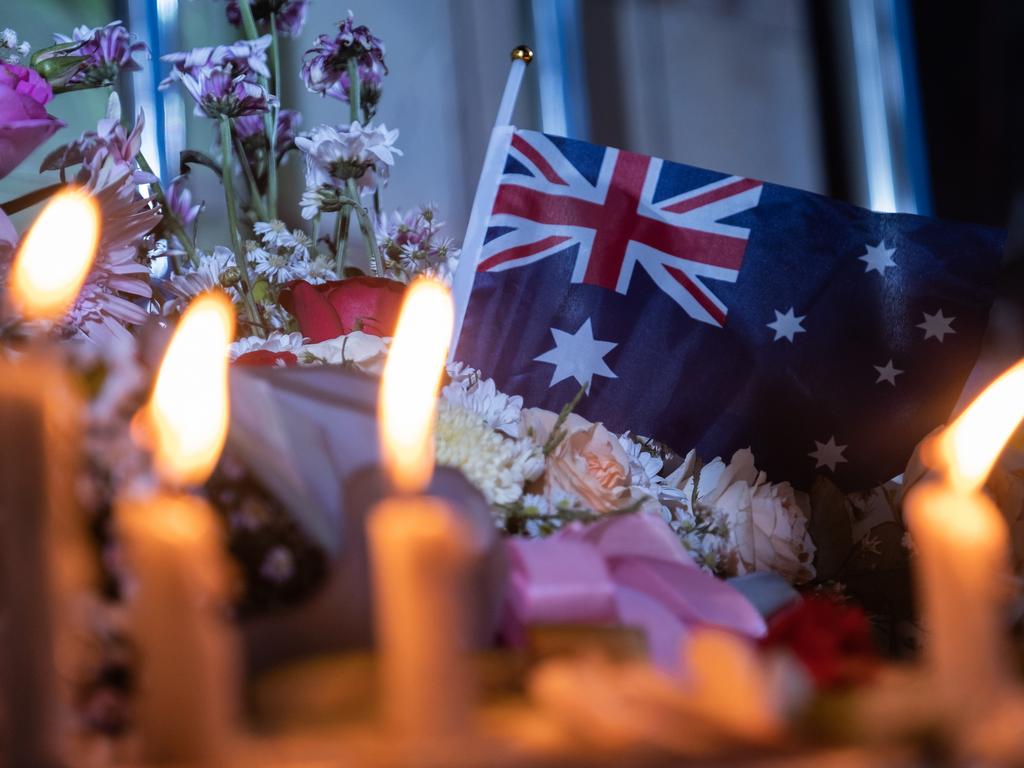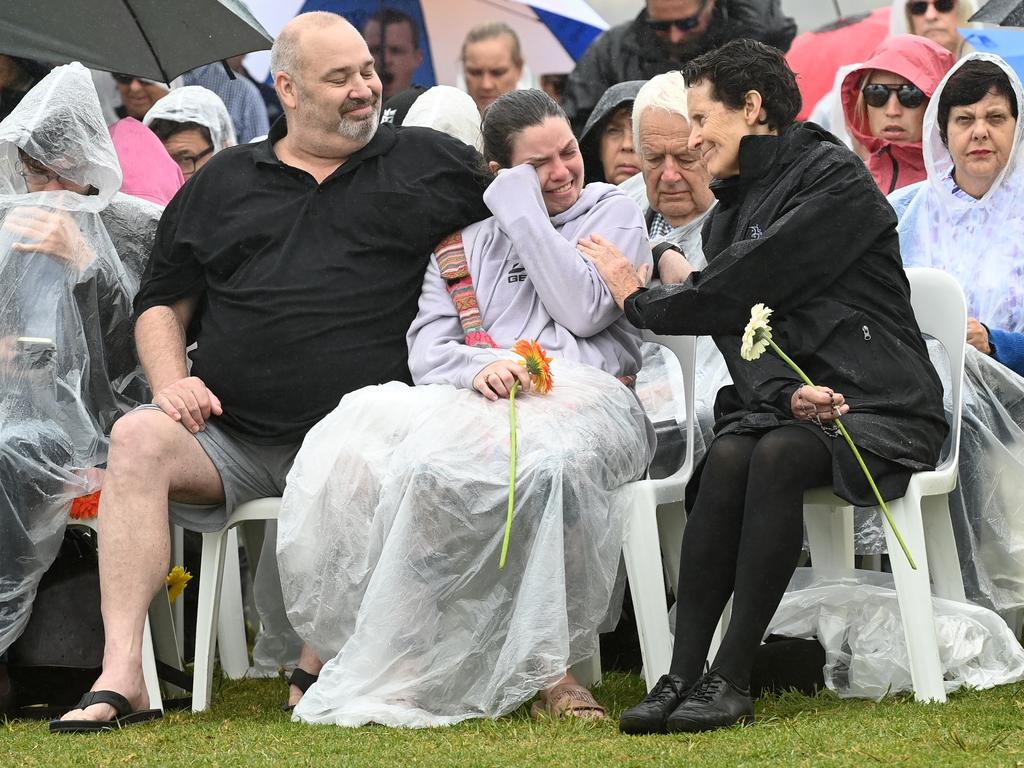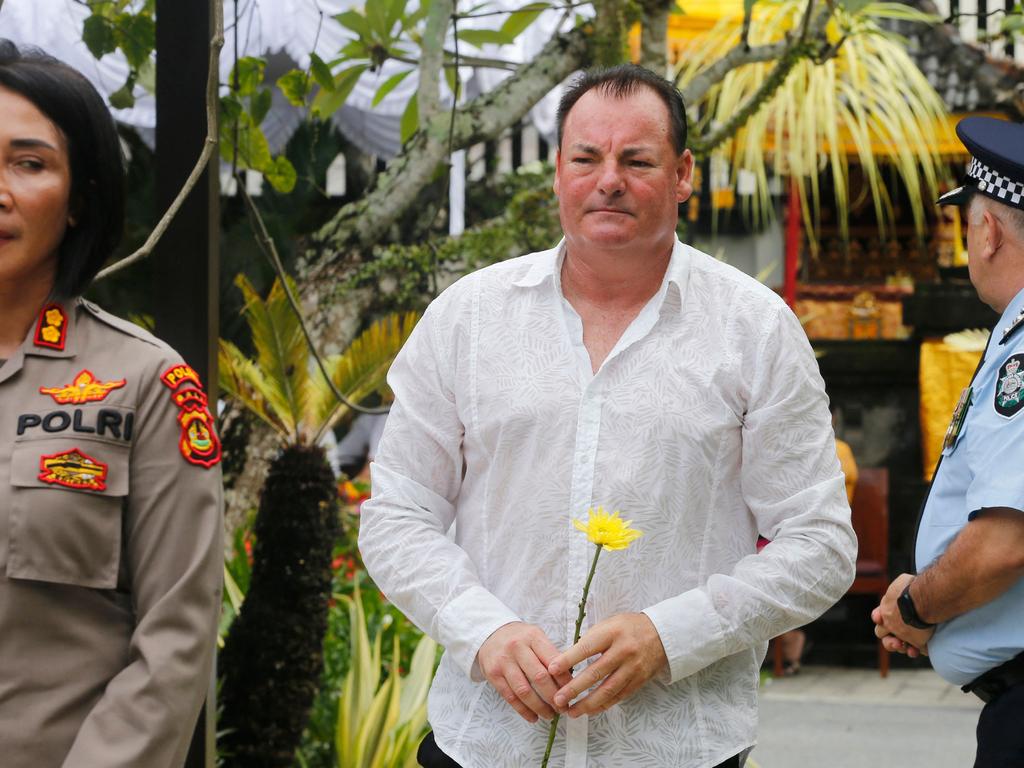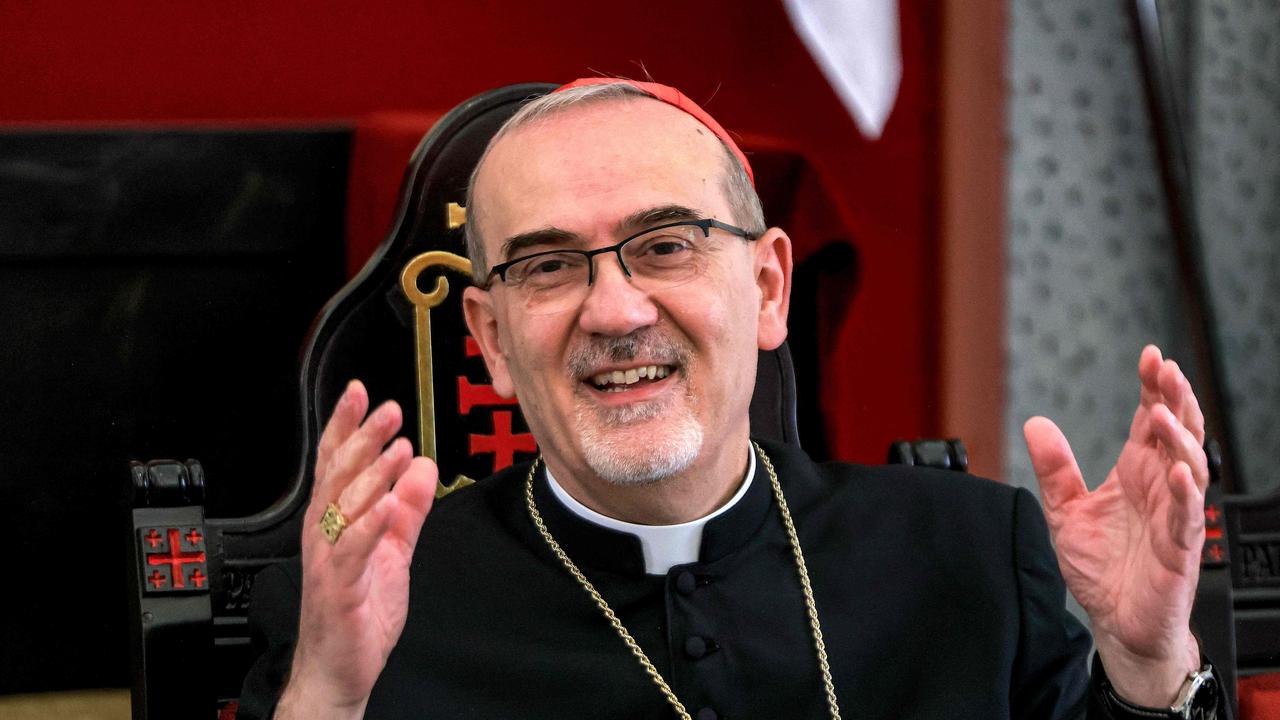Legal hearings at last for alleged Bali mastermind Hambali
Hambali prepares to face the first pre-trial hearings in Guantanamo Bay over charges he ordered and funded the Bali attacks and Jakarta Marriott bombing.
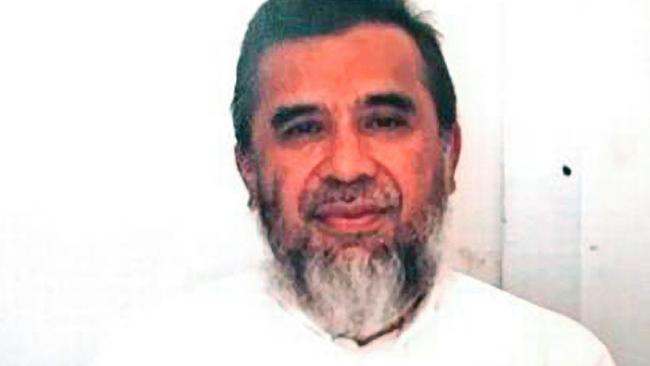
For years the Indonesian family of Hambali – the alleged architect of the 2002 Bali bombings and a string of other regional terrorist attacks – has hoped for his extradition from Guantanamo Bay detention camp to his homeland.
Now, as the 57-year-old prepares to face the first pre-trial hearings over charges he ordered and funded the Bali attacks and Jakarta Marriott bombing, his family say they’d rather he take his chances in a US military trial – in which the death penalty has been taken off the table – than risk execution in Indonesia.
“We used to hope he could be extradited here, whatever happens, but many advised against it,” his younger brother Kankan Abdul Kodir told The Australian from Cianjur, the west Java village where Hambali and his 11 siblings were raised in a devout Muslim family.
“If he is extradited to Indonesia he’ll most likely receive a death sentence,” as did other key Bali bombers, his brother said.
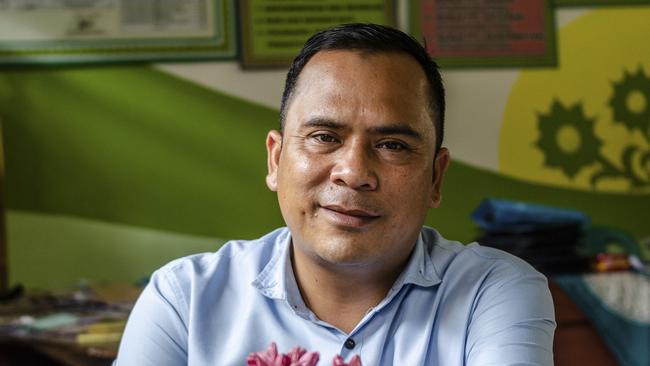
Hambali’s civilian US lawyer James Hodes says his client is the victim of a “false narrative” that he is the ‘Osama bin Laden of Southeast Asia’, and has asked the Australian government for access to Australian Federal Police records of investigation into the Bali bombings that he suspects could disprove it.
But Kankan says he “sometimes feels proud” that Hambali – a former operations chief for Indonesian terror group Jemaah Islamiaah – is considered equal to the notorious al-Qa’ida leader who was killed by US Navy Seals in Pakistan in 2011.
“For me personally, (him) being called that, I feel proud,” he laughs. “That’s true, I feel proud I have a brother who’s on the same level as Osama. We are yet to know what he’s guilty of, but they put them on the same level.”
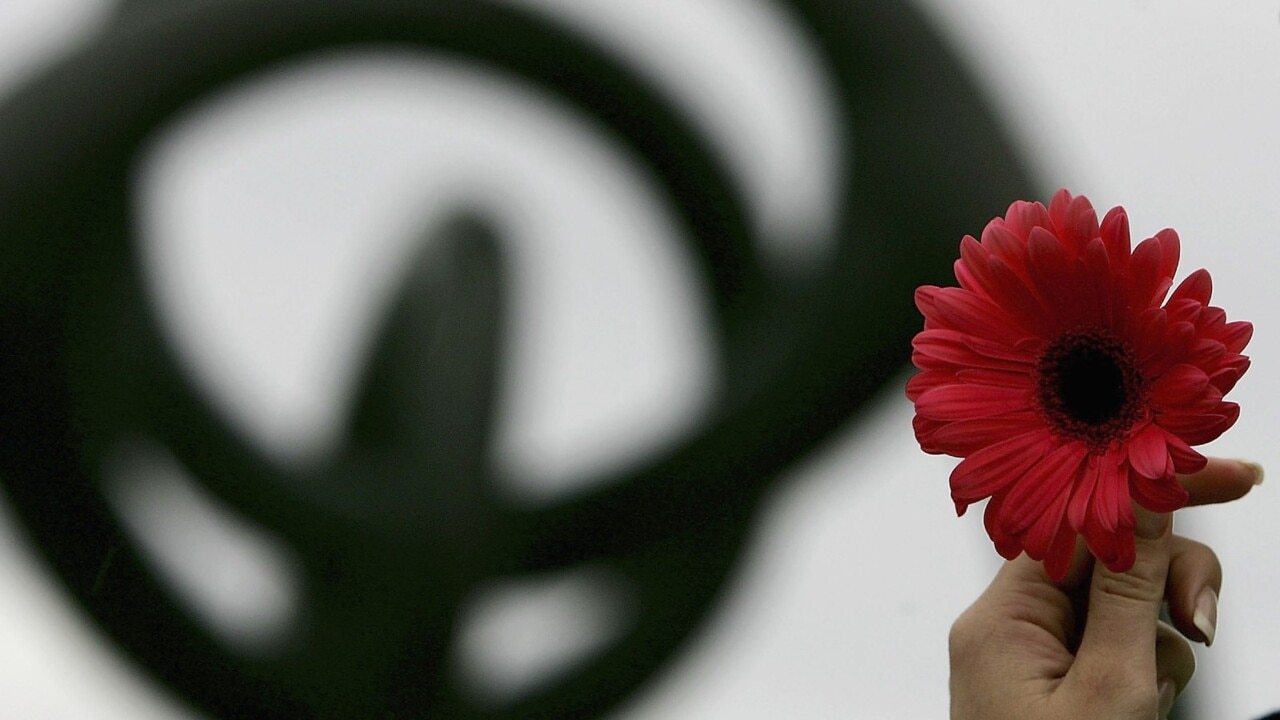
Hambali was Southeast Asia’s most wanted terrorist, and a key interlocutor between JI and al-Qa’ida, by the time of his arrest in Thailand in August 2003 alongside two JI aides, Mohammed Nazir Lep and Mohammed Farik Amin. The men spent three years in the CIA’s “rendition” program, subjected to what a 2014 US Senate report said included waterboarding, extended periods of nude shackling and stress positions, and “walling”, in which a collar was put around his neck during interrogation and his head repeatedly hit against a wall.
Hambali’s charge sheet lists eight offences related to the Bali bombings, which killed 202 people, 88 of them Australians, and the Marriott hotel bombing which killed 12.
It alleges Hambali was a close associate of accused 9/11 mastermind Khalid Sheikh Mohammed, and that he was behind a failed plot to attack US military and civilian targets in Singapore, and also the deadly Christmas Eve church bombings across Indonesia in 2000.
Less than a year later he instructed JI operatives to target Southeast Asian nightclubs, bars and cafes popular with Westerners, and secured al-Qa’ida funding via Sheikh Mohammed for the Bali and subsequent Marriott bombings, it claims.
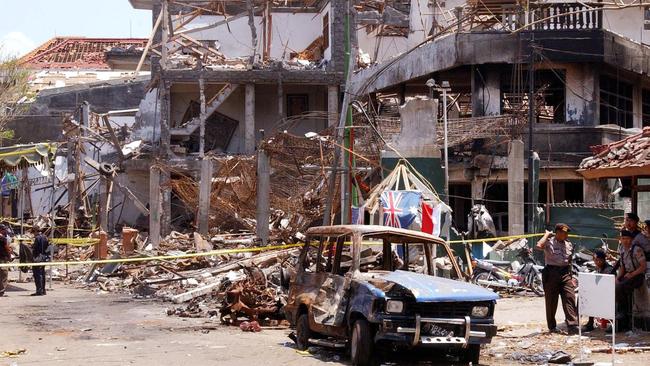
Mr Hodes told The Australian he believed AFP records could unlock critical information related to his client that remains out of reach of the defence, classified under national security laws by the special US military commissions prosecuting his case and those of five 9/11 suspects.
“We have no doubt the AFP co-operated with the US government in turning over its investigative records. We just have never seen them, but I believe we will get a great deal of information out of (them),” he said. “I would not presuppose to ask the Australian government to do things in any particular way. The only thing I would say is: ‘Please encourage your US counterparts to provide us with the AFP reports’.”
The AFP told The Australian it was “aware of the proceedings” and “declines to comment on proceedings before the court in a foreign jurisdiction”.
While Hambali’s first pre-trial hearing begins on November 1 in a specially built Guantanamo courtroom, Hodes warns it could be years before his jury trial begins – if it ever does.
The 9/11 suspects have been in pre-trial hearings for a decade as lawyers wrestle with how to litigate cases based on heavily classified evidence potentially tainted by torture.
But the long wait for justice is a torture all its own for Bali bomb survivors such as Phil Britten, who suffered burns to 60 per cent of his body in the Sari club blast.
He can’t understand why the prosecution is dragging its feet and won’t seek the death penalty for Hambali. “That just blows me away. Why are they not getting prosecuted and getting the sentence they deserve?” he said.
“Instead, you’ve got this classic example of the bomb maker (Umar Patek) in Indonesia. They spent 10 years chasing him, gave him 20 years jail, and he’s getting out in 10?”

